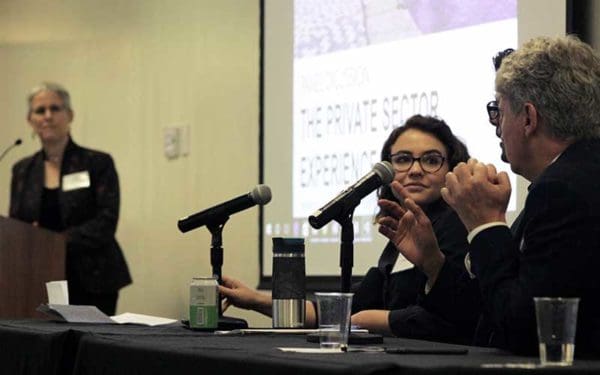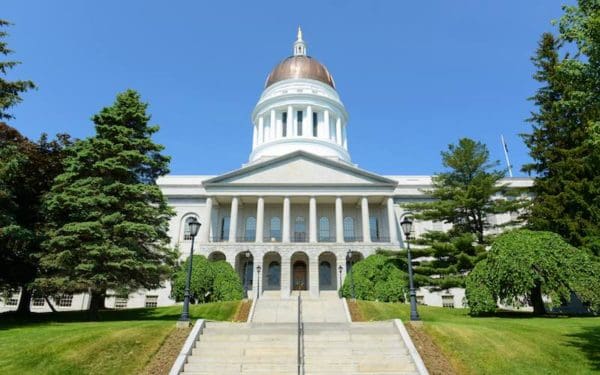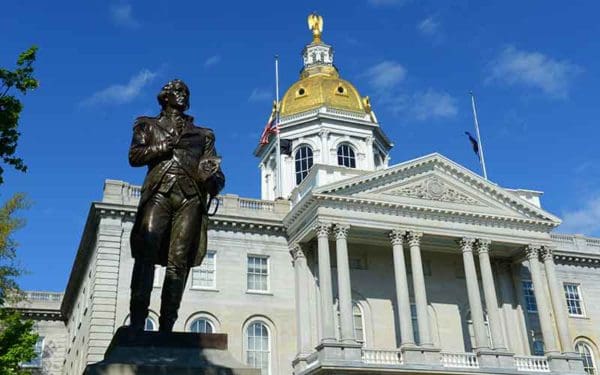Jun 20, 2019
CLF and Boston Harbor Now hosted a forum with diverse stakeholders – city and state leaders, advocacy organizations, the development community, and others – to discuss regulatory updates and other proactive measures that will not only allow for, but encourage, climate resiliency measures on Boston’s waterfront that benefit the public.
Jun 19, 2019
“By rolling back even modest efforts to curb climate-damaging pollution from the power sector, the EPA has signed the death certificates of thousands of Americans,” said CLF President Bradley Campbell. “Dirty coal and fracked gas spew toxic pollution into our communities and bring the looming climate crisis even closer to reality. Yet again, this administration has sacrificed public health and safety at the altar of the fossil fuel industry.”
Jun 19, 2019
“It’s time we leave dirty, polluting fossil fuel plants in the past,” said Emily Green, Staff Attorney at CLF. “The future of energy is clean and local, and these bills come not a moment too soon. Our communities will now be able to harness Maine’s natural resources to power homes and businesses. We must all do our part to preserve a livable planet while we still have time.”
Jun 14, 2019
Governor Sununu recently vetoed a critical clean energy bill that will boost solar power and help control energy costs in New Hampshire. Legislators now have an important opportunity to override this veto and ensure this key bill becomes law.
Jun 14, 2019
Governor Mills reinstated net metering, and the Maine legislature is now considering two important renewable energy bills.
Jun 11, 2019
In spite of its critics, clean, renewable energy continues to come down in price and become better able to handle the demands of our electricity grid.
Jun 04, 2019
Meanwhile, a federal judge in Boston in March allowed a suit filed by the Conservation Law Foundation against Exxon to go forward. The suit alleges the company failed to protect an oil storage facility against the impacts of climate change.
Jun 04, 2019
“The Governor’s veto is a giant step backward for clean energy in New Hampshire,” said Melissa Birchard, Senior Attorney at CLF. “Our leaders should be doing everything possible to move us away from dirty fossil fuels, not standing in the way of real progress towards clean energy. Communities across New Hampshire overwhelmingly support this bill, and our legislators must listen to constituents and override this senseless veto.”
May 17, 2019
“This legislation will make Maine a national leader on climate change,” said Emily K. Green, Staff Attorney at CLF. “We need bold action to stave off the worst impacts of the looming climate crisis. This bill will slash carbon emissions while protecting businesses and spurring new industries. It’s clear that the time for talk and debate is over. We must pass this law.”
May 15, 2019
“First it creates consistency and predictability in planning for climate risks in state licensing, permitting financing and capital projects,” Deanna Moran of the Conservation Law Foundation testified, in support of the bill. “Second, it requires investor-owned utilities to proactively plan for climate risks.”








